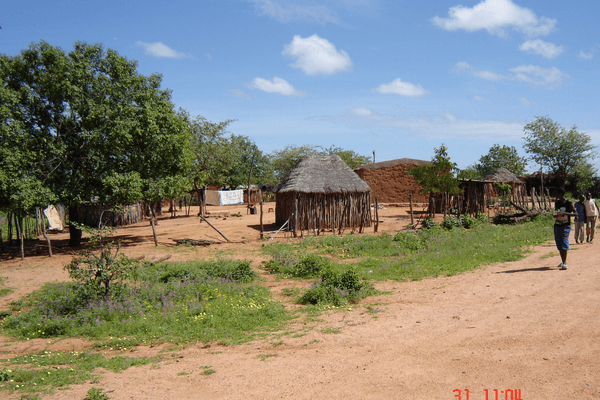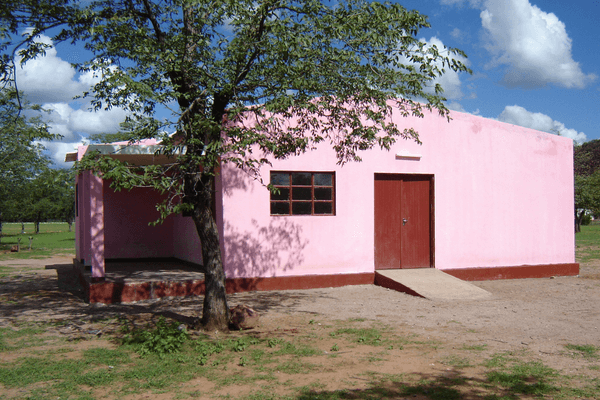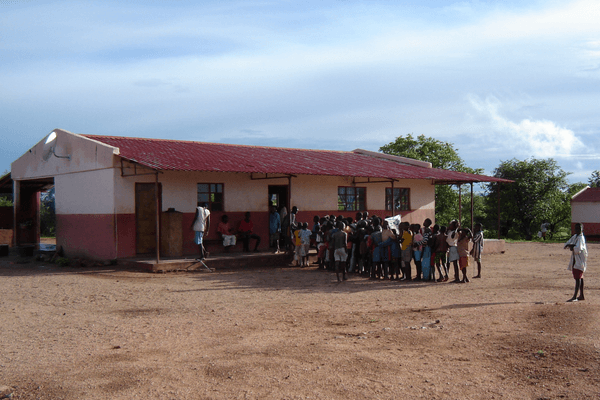Cap Anamur Takes Over the Operation of a Hospital in Oncocua
Since 2002, Angola has been at peace and the economic situation seems to be slowly improving. After 27 years of civil war, the West African state is slowly rebuilding. Nevertheless, war, the mismanagement of the economy and pervasive corruption have left deep scars.
27 years of civil war have destroyed the infrastructure of the entire country
The majority of the Angolan population still lives in abject poverty after decades of decolonization and civil wars. Around two-thirds of Angolans are still completely excluded from medical care, schools – if they exist – have neither pencils nor paper, and the administrative infrastructure lies largely fallow outside the capital Luanda. Many regions, such as Kunene Province, receive hardly any government funding to rebuild the destroyed infrastructure. Although there are initial positive developments to report here as well, the realization of adequate care is still a long way off.

Cap Anamur Takes Over the Operation of a Hospital in Oncocua
Last year, for example, World Bank funds were used to construct several new buildings for the hospital in Oncocua, but the promised equipment to make these buildings effectively usable has not yet arrived. The poor infrastructure and lack of accountability have dire consequences, especially in delicate situations. This was also the case during the outbreak of the cholera epidemic last year. In both our projects in Oncocua and Cahama, there were several deaths, but due to the fast and effective help from our team, a spread was quickly stopped.
Cahama project site to be handed over to local hands
Under these circumstances of lack of policy coordination despite increasing funding, it is therefore important to delegate responsibility back to, and challenge, state and local authorities. We have therefore decided to withdraw from Cahama at the beginning of this year, as the infrastructural and medical care is so far guaranteed. Only through this step can a real change also be implemented, which starts from a sustainable effect and a state system to be promoted: Help for self-help! Of course, our staff remaining in Oncocua will always be available for questions and assistance.

Cap Anamur runs a boarding school for nomadic children
In order to make a long-term difference, children’s education is also one of the most pressing issues in Angola. Cap Anamur, for example, not only looks after the hospital complex in Oncocua, but also a school for nomads. The boarding school currently cares for 150 children. School started again at the beginning of February and all the children have returned from vacation excited. They learn reading and arithmetic in school, but important subjects are also hygiene and handicraft lessons. As multipliers, they should take their knowledge home with them and thus make a lasting difference. And it’s nice to see that it works, albeit with patience – an important prerequisite that our employees must always have.


